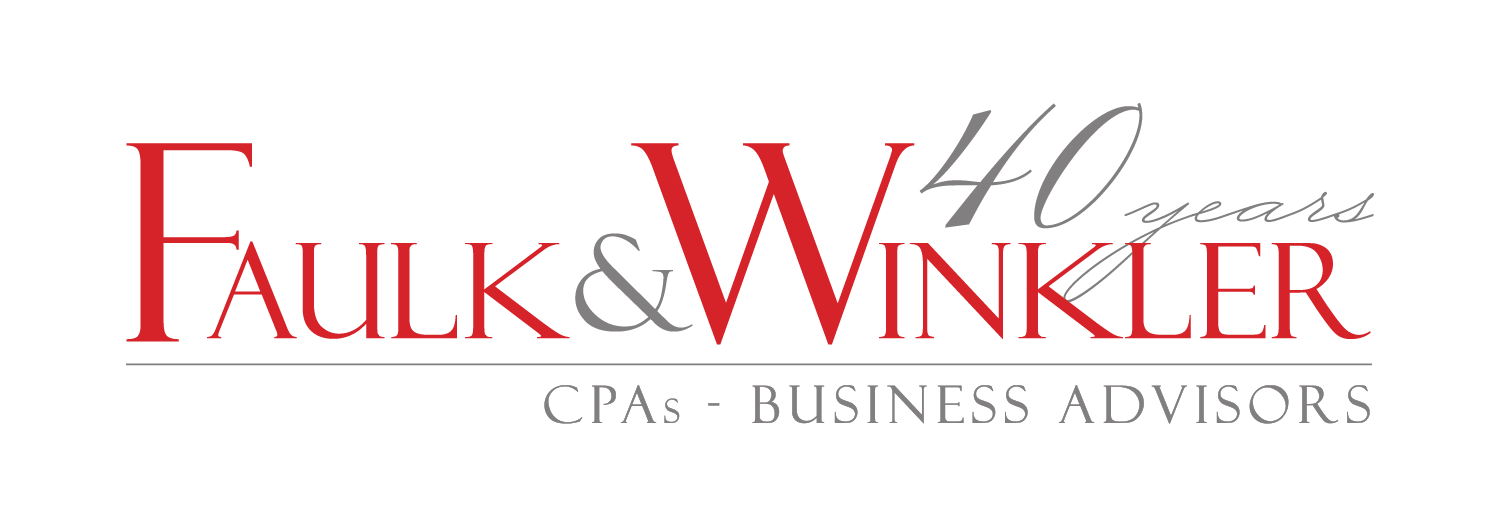RMD Reminders
Now that tax season is here, it’s important to be on the lookout for tax documentation. One such form that might apply to you is form 1099-R, which reports distributions from pensions, annuities, retirement or profit-sharing plans, or IRAs.
Many retirement plan and IRA account owners must withdraw required minimum distributions, which are amounts that owners are required to withdraw each year. RMDs are taxable income and may be subject to penalties if not timely taken. For individuals born before 1951, RMDs from IRAs and retirement plans should, for the most part, already have begun and are required for 2023.
New for 2023
The Secure 2.0 Act raised the age that account owners must begin taking RMDs. For 2023, the age at which account owners must start taking required minimum distributions goes up from age 72 to age 73, so individuals born in 1951 must receive their first required minimum distribution by April 1, 2025.
If you reached age 73 in 2023, you were 72 in 2022 and subject to the age 72 RMD rule in effect for 2022. If you reached age 72 in 2022:
Your first RMD is due by April 1, 2023, based on your account balance on December 31, 2021, and
Your second RMD is due by December 31, 2023, based on your account balance on December 31, 2022.
IRAs
The RMD rules require individuals to take withdrawals from their IRAs (including SIMPLE IRAs and SEP IRAs) every year once they reach age 72 (73 if the account owner reaches age 72 in 2023 or later), even if they're still employed.
Owners of Roth IRAs are not required to take withdrawals during their lifetime. However, after the death of the account owner, beneficiaries of a Roth IRA are subject to the RMD rules.
Retirement plans
The RMD rules also apply to employer-sponsored retirement plans, including profit-sharing plans, 401(k) plans, 403(b) plans and 457(b) plans. Participants in employer-sponsored retirement plans can delay taking their RMDs until they retire, unless they are a 5% owner of the business sponsoring the plan.
Designated Roth accounts in a 401(k) or 403(b) plan are subject to the RMD rules for 2023. Beginning in 2024, designated Roth accounts will not be subject to the RMD rules while the account owner is still alive.
To read more about required minimum distributions, the full IRS article can be found here.
